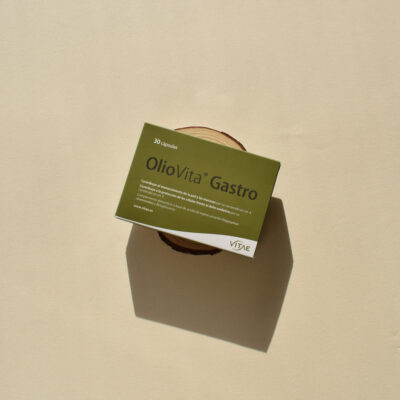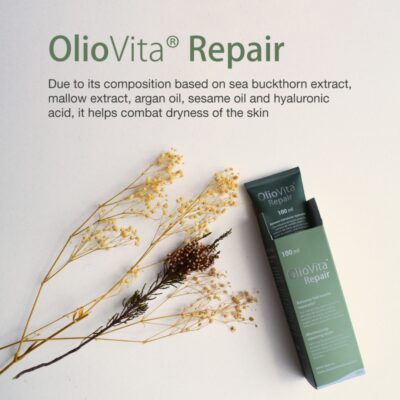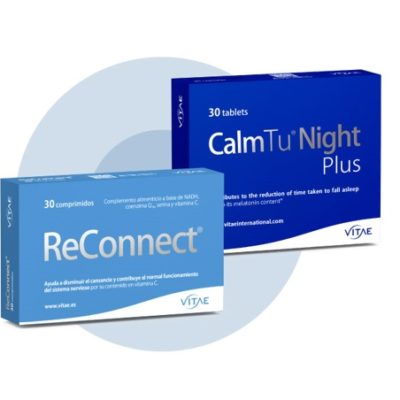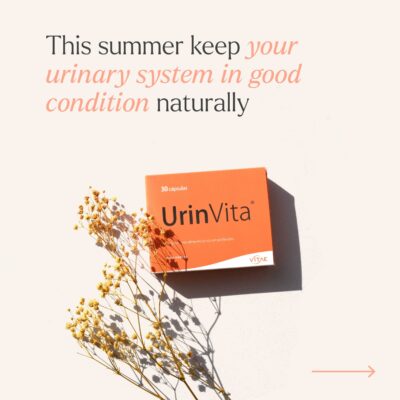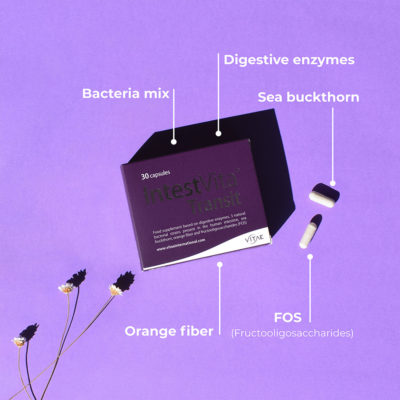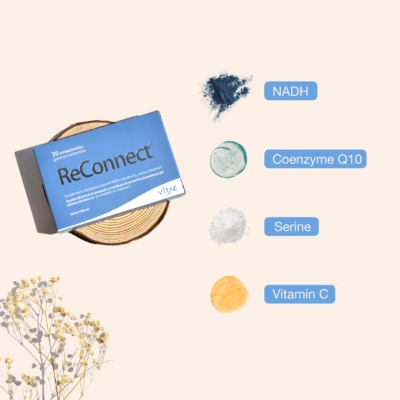Women go through different stages: childhood and puberty, reproductive age, perimenopause , menopause and postmenopause. Menopause is the time when a woman’s ovaries stop releasing eggs, as they produce less estrogen and progesterone. Menstruation disappears and most cases occur between 45 and 55 years of age.
When women are born, they have approximately one million oocytes. The main function of oocytes is to produce a mature egg that can be fertilized by sperm during ovulation.
This number does not increase, but it does decrease naturally over time. Women reach puberty with between 300,000 and 500,000 oocytes. With the arrival of the first menstruation, we are in the fertile stage of a woman’s life, and it is estimated that around 1,000 oocytes are lost in each menstrual cycle. Around 45-50 years of age, oocytes are depleted and menopause occurs, which marks the end of a woman’s fertile stage.
We are increasingly daring to talk about this stage, as it has always been treated as a taboo subject. Below, we will talk about what affects it the most, treatments and what physical changes it causes.
What affects women the most during menopause?
All women go through menopause, but not all of them suffer from the same symptoms. In fact, 15% of women do not suffer from any discomfort. The most common symptoms are: sleep problems, decreased sexual desire, vaginal dryness, mood swings, hot flashes.
Hot flashes: this is one of the most common symptoms in women at this stage of life, with up to 80% of women suffering from them. The exact cause of these symptoms has not been determined, but it is known that hormones are involved. Hot flashes can appear when there are low levels of estrogen.
Sleep deprivation: During menopause, not only is the level of estrogen affected, but also that of progesterone, both of which are hormones produced by the ovaries, one of whose main functions is to control sleep. If we add to this the appearance of hot flashes, the quality of sleep can be further altered, as they are accompanied by sweating, palpitations or even anxiety.
Sexual desire: the hormones produced by the ovaries, estrogen and progesterone, are responsible for sexual desire. When menopause arrives, the levels of these hormones decrease considerably, which causes a decrease in sexual desire. This decrease also causes vaginal dryness to appear, another point to consider as to why sexual desire may decrease.
Vaginal dryness: once again, we are talking about estrogen. Due to its decrease and being at very low levels, it causes dryness in the intimate area of the woman. What happens in this situation is that there is vaginal itching or irritation, pain during sexual relations or even genital bleeding, which appears when there is severe atrophy.
Mood: As we have mentioned, estrogen and progesterone levels drop, which can affect the amount of serotonin produced by the body and this leads to a change in the woman’s mood, leading to depression or anxiety.
In conclusion, estrogen and progesterone play a crucial role in all the symptoms that appear during menopause. Their decrease leads to the symptoms we have discussed above .
Treatments for symptoms
Today there are several therapies to alleviate the signs or symptoms of menopause, such as hormone replacement therapy (HRT), based on estrogen and derivatives. Everything has progressed and certain treatments have been left behind to make way for new ones, such as laser, hyaluronic acid or even food supplements, which we will tell you about below.
Vitae solution
OlioVita is a food supplement based on high-quality sea buckthorn oil, rich in omega-7, omega-3, 6 and 9, vitamins A and E, which contributes to the hydration, nutrition and regeneration of the skin and mucous membranes. It also relieves vaginal atrophy, urogenital dryness, attenuates symptoms of skin pathologies such as itching, burning, alleviates the effects of medications and treatments that cause dryness, improves hydration and elasticity of dry and/or aged skin. The ingredients of OlioVita provide great benefits at this stage of a woman’s life:
- Omega 7: Found in the cell membranes of the skin and mucous membranes, it promotes water balance, the passage of nutrients and protection against microorganisms and free radicals.
- Omega 9: key action in the reconstruction of the skin’s cell membranes, leaving it smoother. It has a high capacity to penetrate the skin. It also has antibacterial activity.
- Omega 6: a fundamental component of the different membranes in the body. It contributes to the hydration of the skin, repairs and strengthens its protective barrier. Antibacterial activity.
- Omega 3: a fundamental component of the different membranes in the body. It contributes to the hydration of the skin, repairing and strengthening its protective barrier.
- Vitamin E: protection against cellular aging
- Vitamin A: formation and maintenance of epithelia.
ReConnect It is a combination based on NADH, Coenzyme Q10, Serine and Vitamin C that, thanks to the synergy between its components, helps improve physical and cognitive performance. It does not generate any type of habituation or dependence and does not present stimulating effects. It also increases the ability to manage stress, regulates the sleep-wake cycle, reduces fatigue, improves mood, and improves the perception of fatigue.
Coenzyme Q10, NADH, vitamin C and serine all have physiologically fundamental roles at both the metabolic and cognitive levels in the body due to their involvement in the body’s energy system, among others. Vitamin C, for example, acts as an antioxidant and serine plays an essential role in the differentiation and maturation of neurons and in the formation of the myelin sheath that protects them and accelerates the transmission of impulses, essential for cognitive performance.


